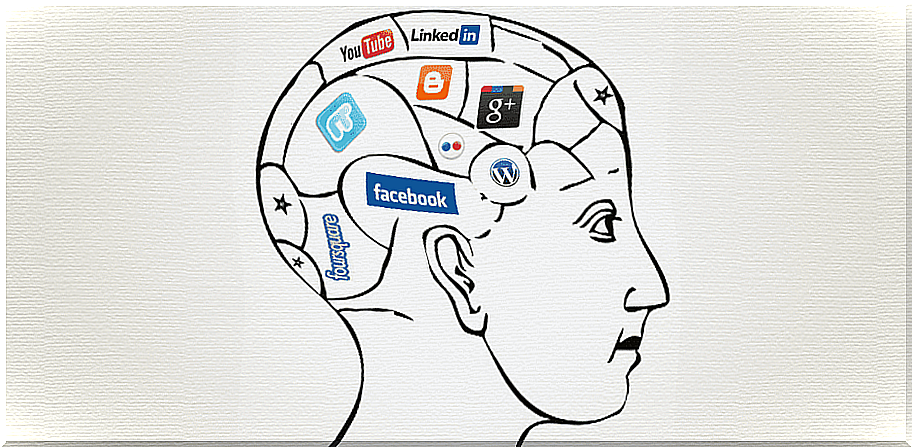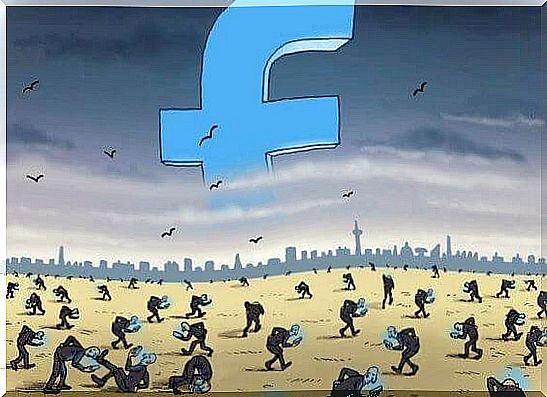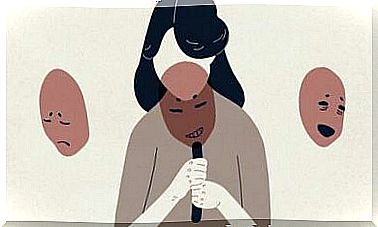We Should See Each Other More And Write Less

Yes, the new technologies help us keep our relationships alive. However, this does not mean that all of the ensuing consequences are good. We stop seeing each other because we keep writing, but we can’t let that happen; we should definitely see each other more and write less.
Today’s contacts are based more on chats through apps like WhatsApp than on conversations over a cup of coffee. A direct consequence of this is that these exchanges are usually neither as profound nor as enriching as if we were to have a coffee together, looking each other in the eye and hugging each other on a cold day.
Because good communication is established above all in a hug, as well as in the time we reserve for the people we love. That should make up for all the effort. If we really don’t have time for these, maybe we should rearrange our daily lives and priorities.
Worrying about our loved ones shouldn’t be relegated to the end of our to-do list. The best conversations are still not held over WhatsApp and it is much more comforting to see, hear, to feel.

Virtual social networks – the enemies of active listening and of seeing each other more often
There are still very few studies analyzing the effects of using (or misusing) social networks on our mental health and creating more stable and, why don’t we pronounce it, real-world networks of support. What we can already see in existing data, however, is that we have stopped looking each other in the eye when we want to communicate something important. Likewise, scientists found that interrupting time together has become a habit and we have stopped practicing active listening.
The fact that we have conversations about important topics via WhatsApp means that the participants in these conversations lose a lot of important information. Accompanying data or considerations that would enable us to take a closer look at a problem are lost, as is the quality of the support that we could offer others.
Through the social networks we lose ourselves in appearances, in half-truths and forced impressions and also take away the quality of our relationships. Ultimately, this leads to the fact that we no longer know each other, no longer know how to read our friends’ faces and how we can recognize their true feelings.
Although communication is sincere, it will always be incomplete. This is another reason to see each other more and write less to each other. In addition, this fact is part of a devastating cumulative effect: little by little we are incorporating this type of communication and information into our everyday life and perceiving it a little more distorted each time.
What was once just an option of communication for all of us is now turning us into slaves. People ask us to always answer immediately. Failure to do so can lead to tremendous anger, an outraged discussion based on suspicion and thus creating a feeling of breach of trust.

FOMO syndrome (fear of missing out)
Fomo syndrome is based on the fear of missing out on something. This fear responds to the need to always be online and not miss any updates to the profiles on social networks. This means that the lives of others are ultimately more interesting than your own and therefore more important than our real relationships. The consequences of this are catastrophic for our mental state because we stop caring about our own lives and needs in order to be able to satisfy this fictitious need for control of the virtual environment.
The truth is that this need to be always online and therefore dependent on what is happening in the cloud limits us a lot when it comes to enjoying our time with other people in real life. The sad truth is that in this day and age the smartphone is almost always present, which greatly reduces the quality and warmth of our relationships.
For this reason, when we are with someone, we should make it our imperative to leave the phone aside and focus more on that real-life contact. Because, as we have already said, the best conversations don’t take place on WhatsApp. That is why we need to see each other more and avoid social networks being our only means of contact; because these are a channel through which information moves, but little true friendship.









